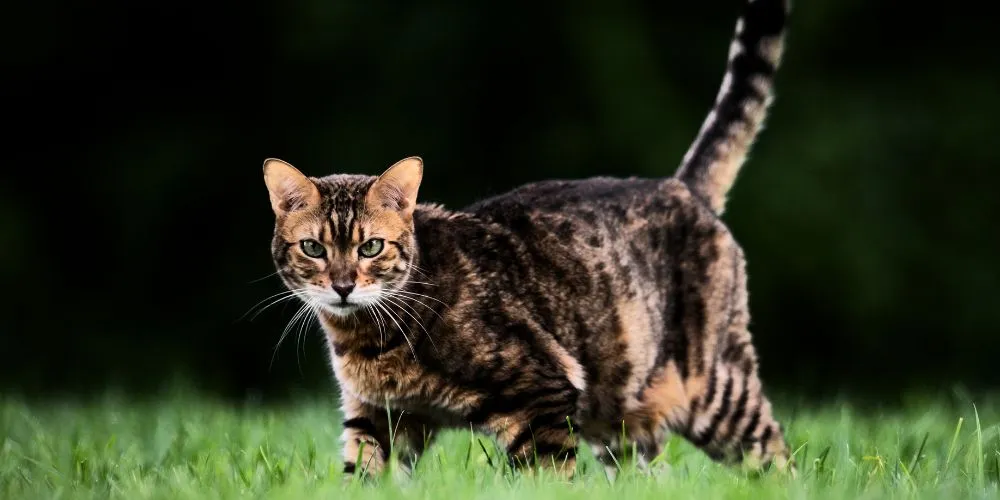A comprehensive study published in Nature Communications reveals alarming insights into the impact of free-ranging cats—both domestic and feral—on biodiversity. The research indicates that these seemingly harmless feline companions are skilled predators, posing a significant threat to various species.
The study documents that cats consume an astonishing 2,084 different species, spanning birds, mammals, reptiles, amphibians, and insects, including some surprising entries like cows, likely due to scavenging rather than hunting.
The list of prey includes 347 species of conservation concern, such as Newell’s shearwater, green sea turtles, the northern bobwhite quail, and the little brown bat. Cats, often cherished for their cuteness, have been identified as a significant contributor to the biodiversity crisis, particularly affecting bird species in North America. The study even links cats to the extinction of more than 60 species globally.
Wildlife ecologist Christopher Lepczyk from Auburn University, a co-author of the paper, emphasized the surprising findings related to the variety of insects and invertebrates in cats’ diets. The study revealed that cats are adept hunters of insects, challenging previous assumptions. Lepczyk expressed concern about the lack of attention given to insects in past studies, highlighting the extensive impact of cats on these species.
The vulnerability of certain species, especially juveniles, was underscored, as cats take advantage of opportunities when many young animals hatch from eggs. Despite misconceptions about the limited impact of outdoor cats in urban areas, Lepczyk emphasized that their presence can significantly affect the environment, even if their prey isn’t always observed.
While the study doesn’t provide specific recommendations, Lepczyk mentioned that the purpose was to inform ecologists, practitioners, and policymakers about the extensive influence of cats on biodiversity. He also shared a personal choice, stating that he keeps his cats indoors, emphasizing evidence supporting that indoor cats tend to be healthier and live longer.
As concerns about biodiversity and environmental impact grow, the study serves as a reminder of the broader ecological consequences of domestic and feral cats roaming freely outdoors.





